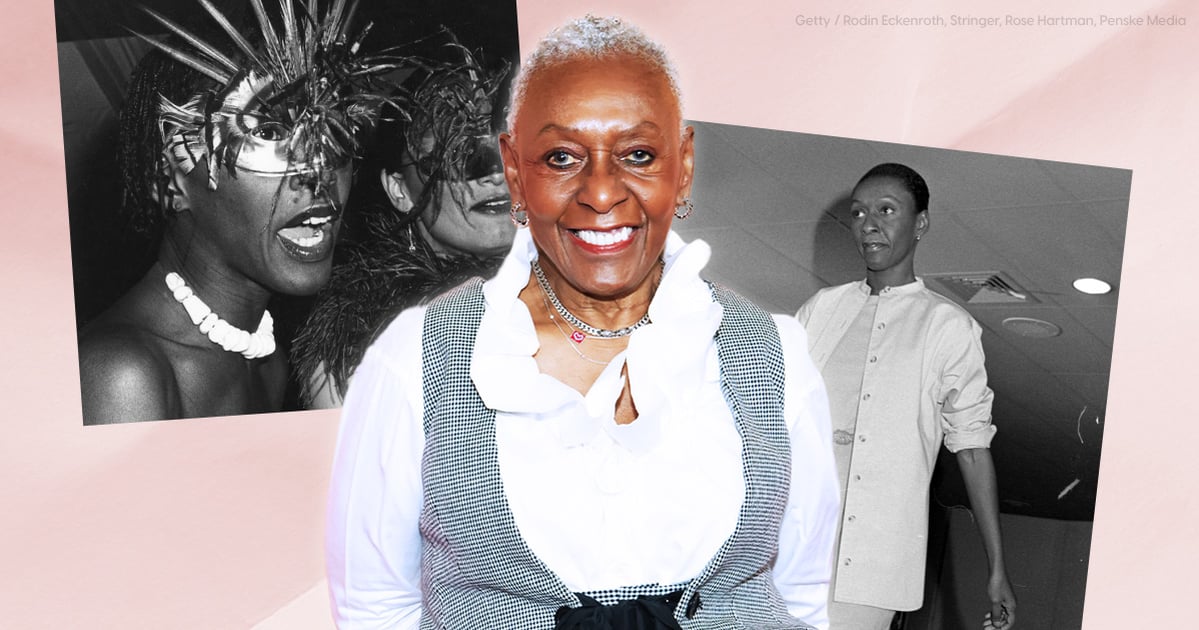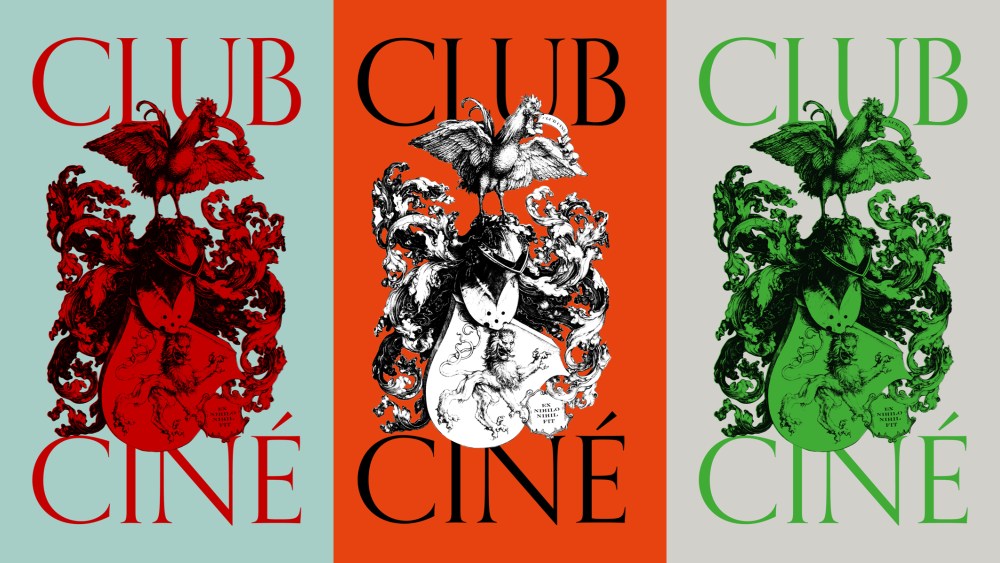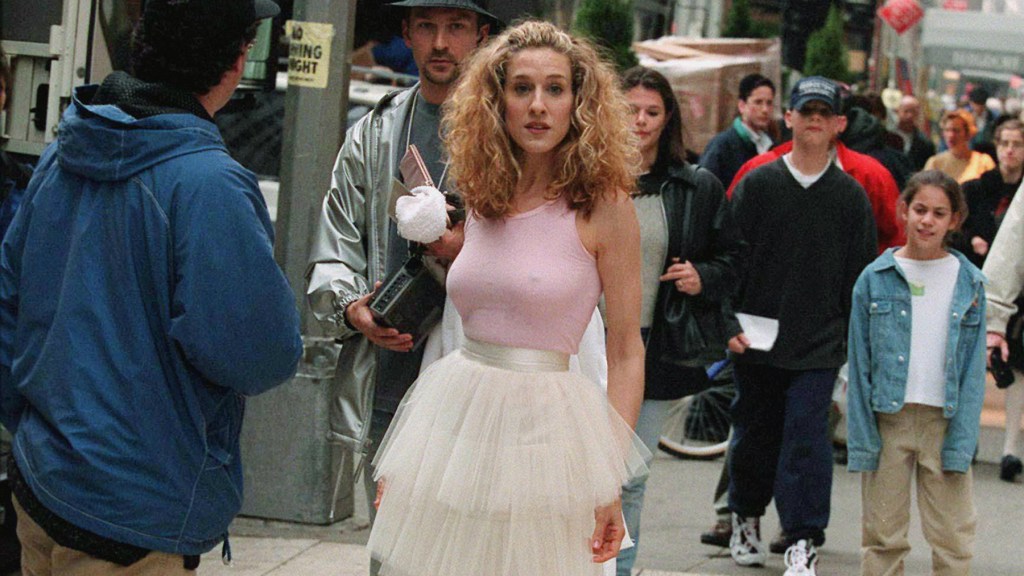Nearly five years ago, in New York City, fashion-industry luminaries congregated at Central Park. The special occasion was to commemorate the 50th anniversary of Ralph Lauren. Surrounded by porcelain-tile and sandstone pillars, Lauren received a standing ovation from the world’s most famous celebrities: Oprah Winfrey, Robert De Niro, Steven Spielberg, Anna Wintour, Kanye West. One by one, he thanked guests who had formed a line in Bethesda Terrace, shaking hands, smiling, waving, and lightly kissing people on the cheek. Then he saw a gray-haired woman dressed in black near the end of the line. As they embraced, Lauren immediately began to cry while she held his face. That woman was Bethann Hardison, and she is no stranger to the emotion people display at the thought of her impact.
“The advertisers were not reflecting their consumers. . . . And that’s what we had to change.”
From Veronica Webb to Tyson Beckford, Hardison has left people better than she found them, catapulting them not only into new stratospheres of success but arming them with instruction on how to withstand it all. A former creative producer, muse, creative director, and contributing editor at large for Vogue Black, Hardison wields extraordinary power in the fashion industry – and she’s sharing her story in “Invisible Beauty,” a documentary that chronicles her relentless advocacy for Black models alongside a star-studded cast. Zendaya, Tracee Ellis Ross, Whoopi Goldberg, Naomi Campbell, and Iman all feature in the documentary. In tandem, viewers get the opportunity to learn the vastness of Hardison’s influence.
Aside from her eminent rise as a high-fashion model, “Invisible Beauty” captures an immersive view of the Black Girls Coalition circa 1992. The New York press conference held by Hardison became a whistleblower where top models Tyra Banks, Iman, and Campbell spoke candidly about racism in the modeling and advertising industry. “The advertisers were not reflecting their consumers,” Hardison recently told POPSUGAR. “And I could speak on that. [We got data] to indicate to the media that this was happening, this was a problem, they weren’t reflecting the consumers. You never saw a Black guy or Black girl driving a car. In those days, the mid-’90s, you didn’t see any of that. It was important that [the Black talent] is not always a housekeeper or domestic because she’s [promoting] Comet or Ajax. And that’s what we had to change.” The impact of the Black Girls Coalition is deeply felt in representation in media today, and Hardison doesn’t take it lightly. “I look every day at television, I take pride in that. We’ve moved that very well.” In 2007, Hardison organized a town hall meeting among industry leaders, sounding the alarm that Black models were being treated like a category within the fashion industry. “When I say category, it means that you say, ‘Oh, the Black model.’ Or, ‘Yeah, we’re not using Black models,'” Hardison explained. “It becomes a category: something that you can move over here, something different than what you have over there. And they’re supposed to be just models.”
Undoubtedly, Hardison has repeatedly held the industry accountable for tokenism, and she doesn’t mince words regarding pay disparity, either. “You could see it so clearly when you had the white model who was always making [a large amount of money] and then you put your Black model in the same job,” Hardison said. “She got far less money; the white model got more. And you have to try to make sense of it.”
“Invisible Beauty” is available in select theaters across the nation for a limited time. Keep scrolling to read more of Hardison’s interview with POPSUGAR.
This interview has been edited and condensed for clarity.




